1800
40% of Britain's population earn their living from the land.
40% of Britain's population earn their living from the land.
Henry Addington, a Tory, becomes Prime Minister.
The first British Census records populations of 8,893,000 in England and Wales, and 1,608,000 in Scotland.
London's population rises to 1.1 million.
John Constable paints 'Dedham Vale'.
William Cobbett publishes 'Cobbett's Political Register'.
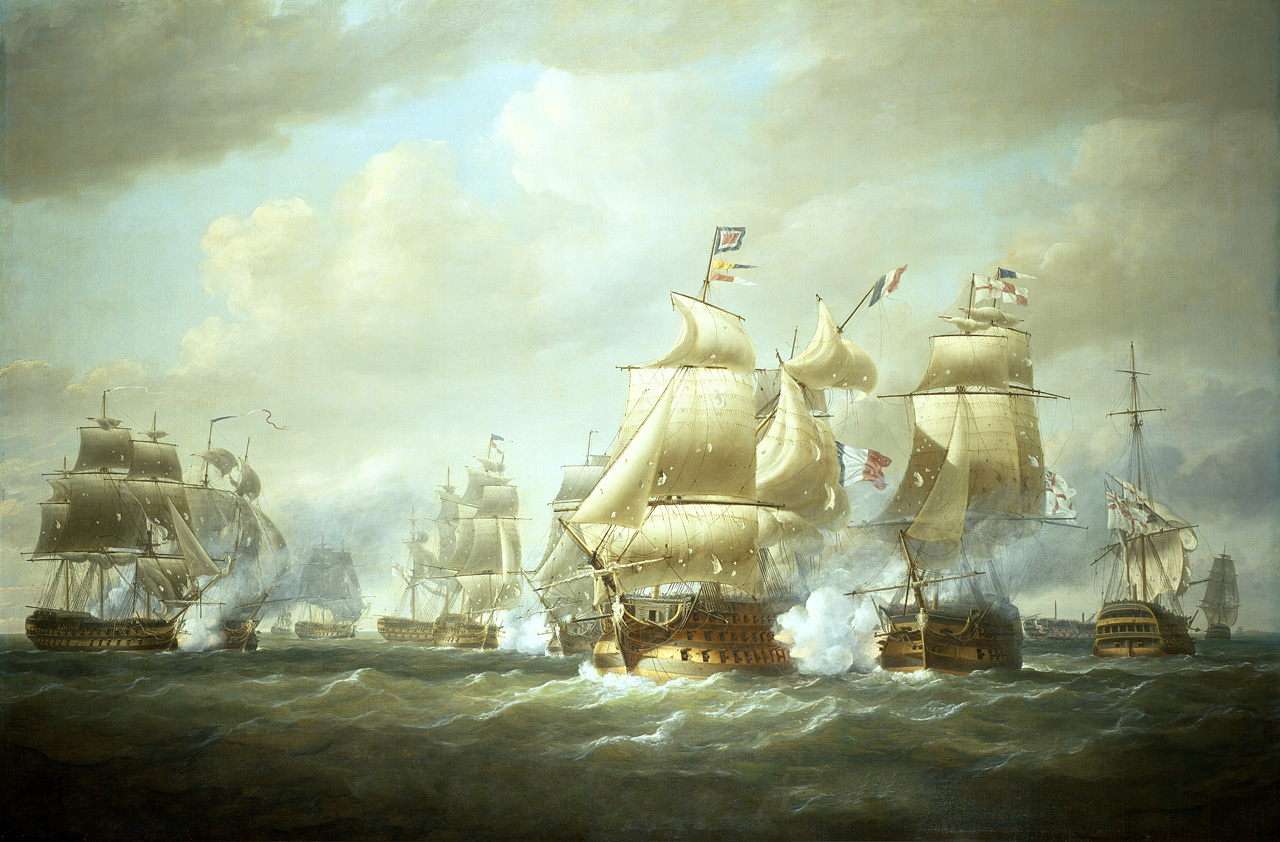
The Napoleonic Wars.
William Pitt 'the Younger', a Tory, once again becomes Prime Minister.
William Cobbett publishes 'Parliamentary Debates'.
John Flaxman, the leading neoclassical artist of Britain, produces his 'Odyssey of Homer'.
William Wordsworth completes the first version of 'The Prelude'.
The British, led by Admiral Lord Nelson, destroy French and Spanish fleets at the Battle of Trafalgar.
Lord Grenville, a Whig, becomes Prime Minister.
George Stubbs paints 'Whistlejacket'.
William Blake paints 'Newton'.
The Duke of Portland, a Whig, becomes Prime Minister.
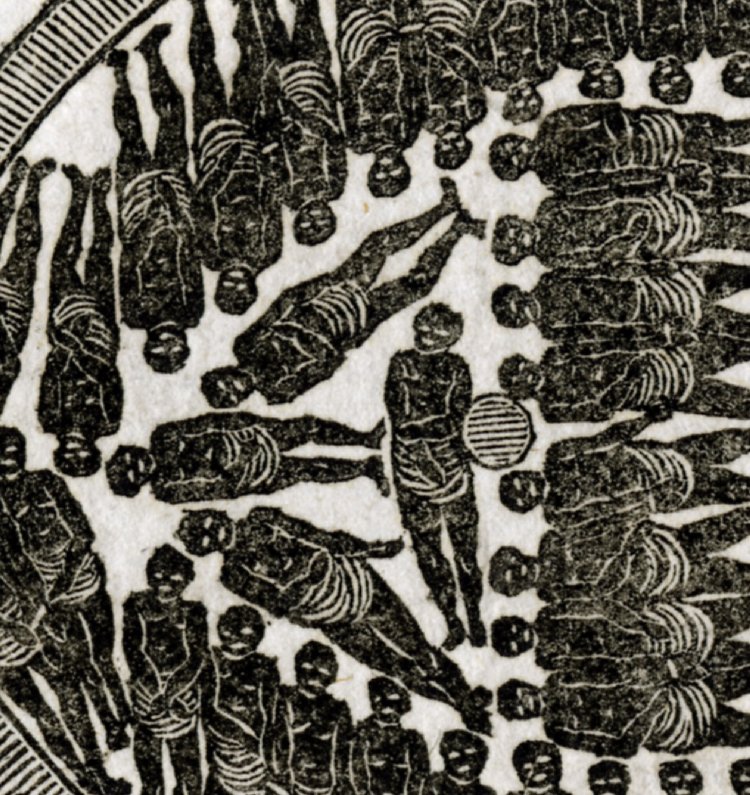
The British Parliament prohibits the slave trade.
Beethoven's Fifth Symphony is premiered in Vienna.
Spencer Perceval, a Tory, becomes Prime Minister.
The Austrian composer Joseph Haydn dies.
The German composer Felix Mendelssohn is born.
The Regency Act is passed, allowing George, Prince of Wales (later George IV), to act as Regent during the incapacity of George III.
Luddite rebellions begin in Nottingham.
Mary Anning, aged 11, discovers the complete fossilised skeleton of an ichthyosaur, a prehistoric marine reptile.
The Baptist Union of Great Britain is formed.
The Earl of Liverpool, a Tory, becomes Prime Minister.
G. W. F. Hegel writes 'The Science of Logic'.
J. M. W. Turner paints 'Snow Storm: Hannibal and his Army Crossing the Alps'.
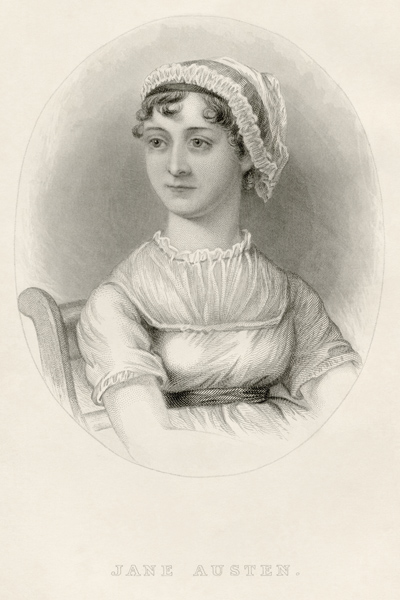
Jane Austen publishes 'Pride and Prejudice'.
Sir Walter Scott publishes 'Waverley, Or, Tis Sixty Years Since'.

Napoleon Bonaparte is defeated at the Battle of Waterloo.
The Corn Laws are passed to prevent cheap foreign imports.
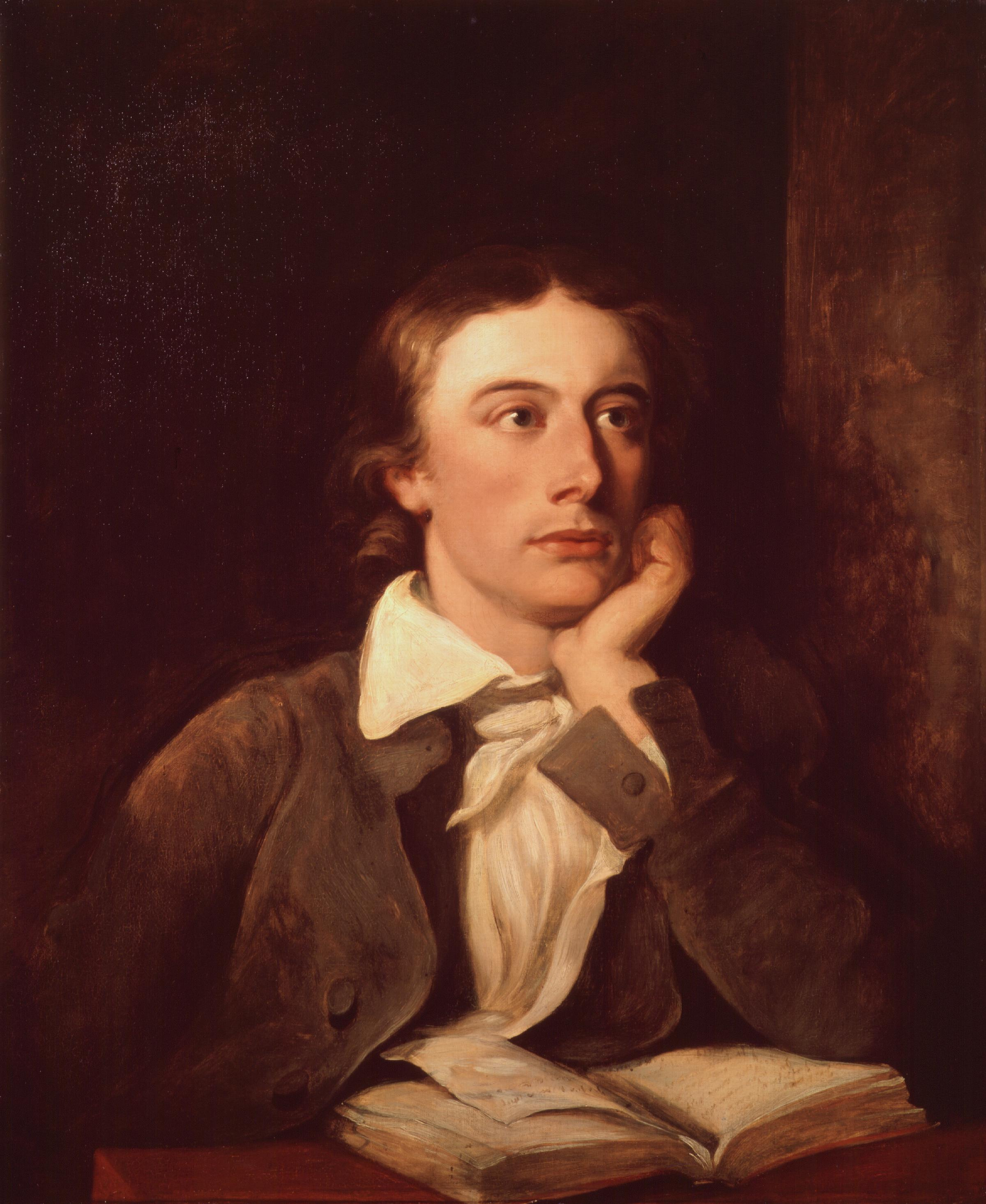
John Keats writes 'On First Looking into Chapman's Homer'.
James Hogg publishes 'Blackwood's Edinburgh Magazine'.
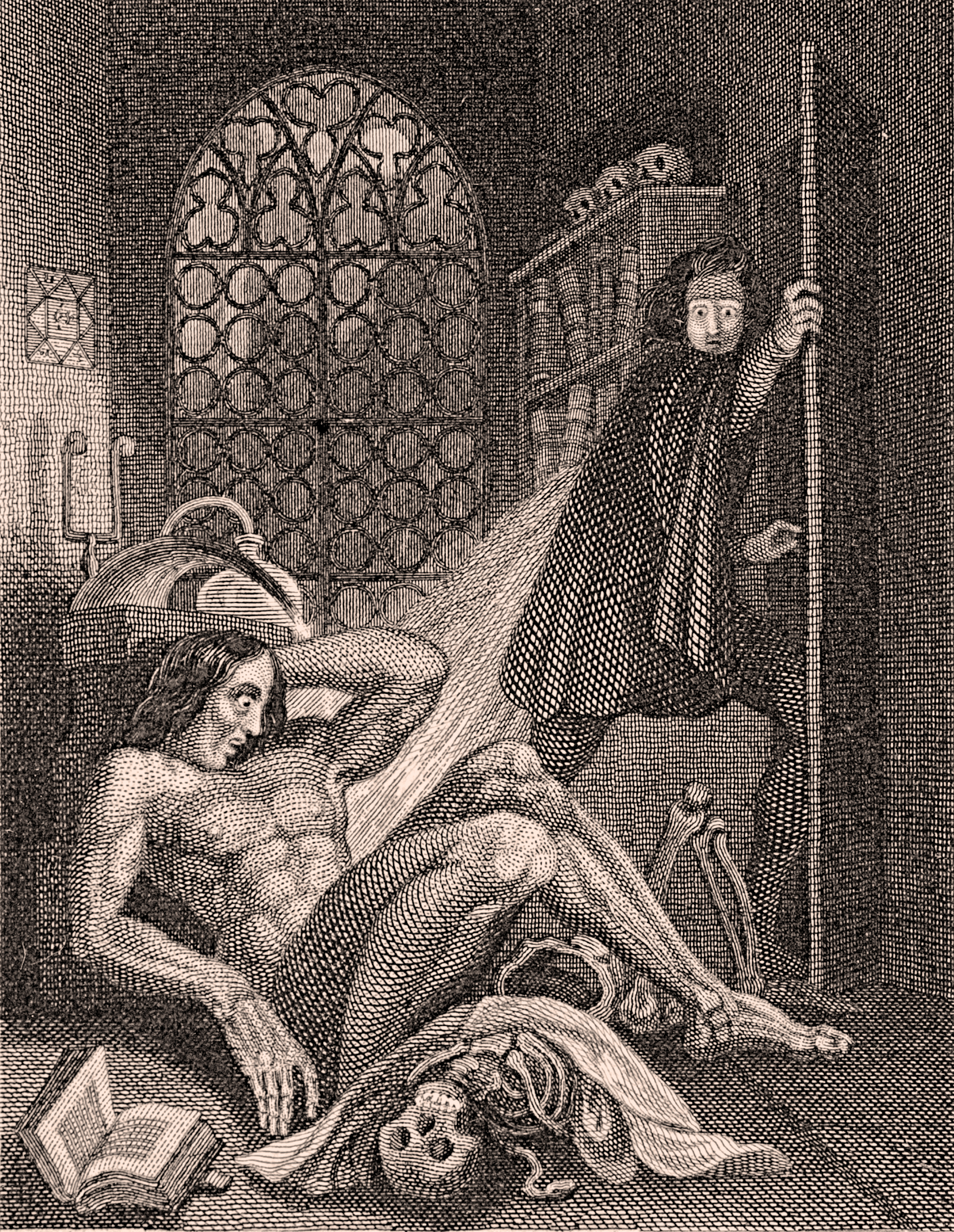
Mary Shelley writes 'Frankenstein, or the Modern Prometheus'.
William Hazlitt publishes his 'Political Essays'.
Between 11 and 15 people are killed and over 400 injured in the Peterloo Massacre, when cavalry charge on political protesters in Manchester.
Lord Byron writes 'Don Juan'.
William Blake paints 'The Ghost of a Flea'.
John Clare publishes 'Poems Descriptive of Rural Life and Scenery'.
George IV is crowned King of Great Britain.